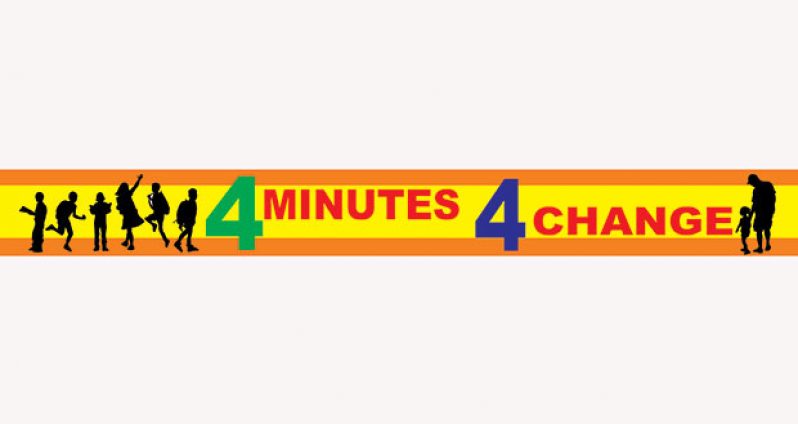A MIDDLE-AGED woman, who is known for taking care of children, decided to help a friend who was worried about her neglected grand-daughter and the child’s wild, disruptive behaviour. “Bring her here and I will ‘try’ with her,” she said. But after many weeks of trying different strategies with the eight-year-old girl, the woman was worn out. Finally, changing her approach, she sat the girl down and asked her, “Look, what would you like to be when you grow up?” The girl wasted no time with her reply, “A whore,” she said, “My mother said I just gonna be a little whore.” Obviously, the child did not understand the meaning of the word, but nevertheless, it was something her mother had consistently told her and she believed it.Verbal abuse consists of name-calling or insulting a child: swearing at a child, belittling a child and criticising a child directly or indirectly. Other types of verbal abuse include threatening a child with physical abuse or abandonment and making a child a scapegoat when things do not work out or go according to plan. (e.g. “I could have achieved a lot more in life if I didn’t have you”).
It may surprise some parents to learn that they do not have the right to verbally abuse their children; and by consistently calling them derogatory names or telling them how useless they are, parents are hindering a very important part of their growth. Children develop on several levels, (e.g. physically, intellectually, morally). Therefore, if they are told negative things about themselves by people who are meant to care for them, it is bound to have an effect on their psychological, emotional and social development.
Children can actually take to heart and believe the negative things their parents and family members say to them, because children very rarely have the mental capacity to “shrug off” or ignore hurtful words. Usually the whole objective of shouting offensive, disparaging words at children is for some type of reaction: (e.g. a change in behaviour or to cause them emotional pain, but the effect on the child can become deep-rooted and do far more damage than intended.
Children who live with verbal abuse tend to have low self-esteem and may not see themselves or anything they do as having importance. This could hold them back academically. Socially, they may lack confidence and have issues with trust and difficulties in forming relationships.
Children need words of encouragement, praise and acceptance every day. This will help them to flourish in a positive way. It is always more rewarding to build upon the positive things that children do, rather than over-react or “blow out of proportion,” all of the negative things that occur. Children will do foolish things, unacceptable things, unexpected things even unusual things, but this does not give parents the right to berate them in a way that can have long-lasting effects on their personalities and ultimately their outlook and achievements in life. Parents with positive words can have a big impact on how children view themselves and the things they strive to accomplish. Adults must seize every opportunity to bring out the best in children and continually use words that show them they care.
If you are concerned about the welfare of a child, call the Childcare and Protection Agency Hotline
on 227 0979 or write to us at childcaregy@gmail.com.
A Message from the Childcare and Protection Agency, Ministry of Social Protection
4 minutes 4 change – Stop verbally abusing our children
SHARE THIS ARTICLE :
Facebook
Twitter
WhatsApp





.jpg)








